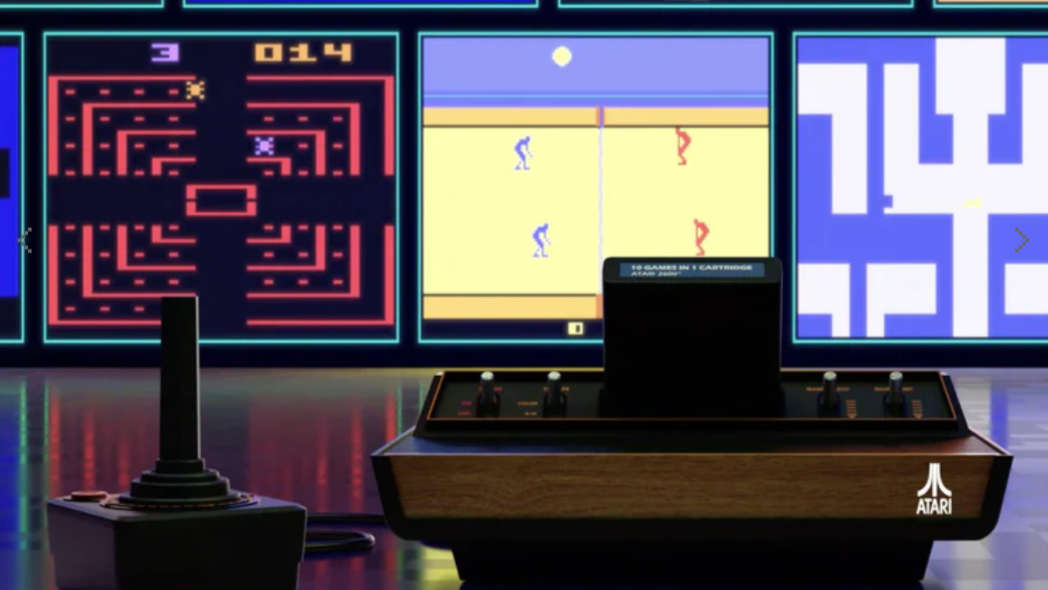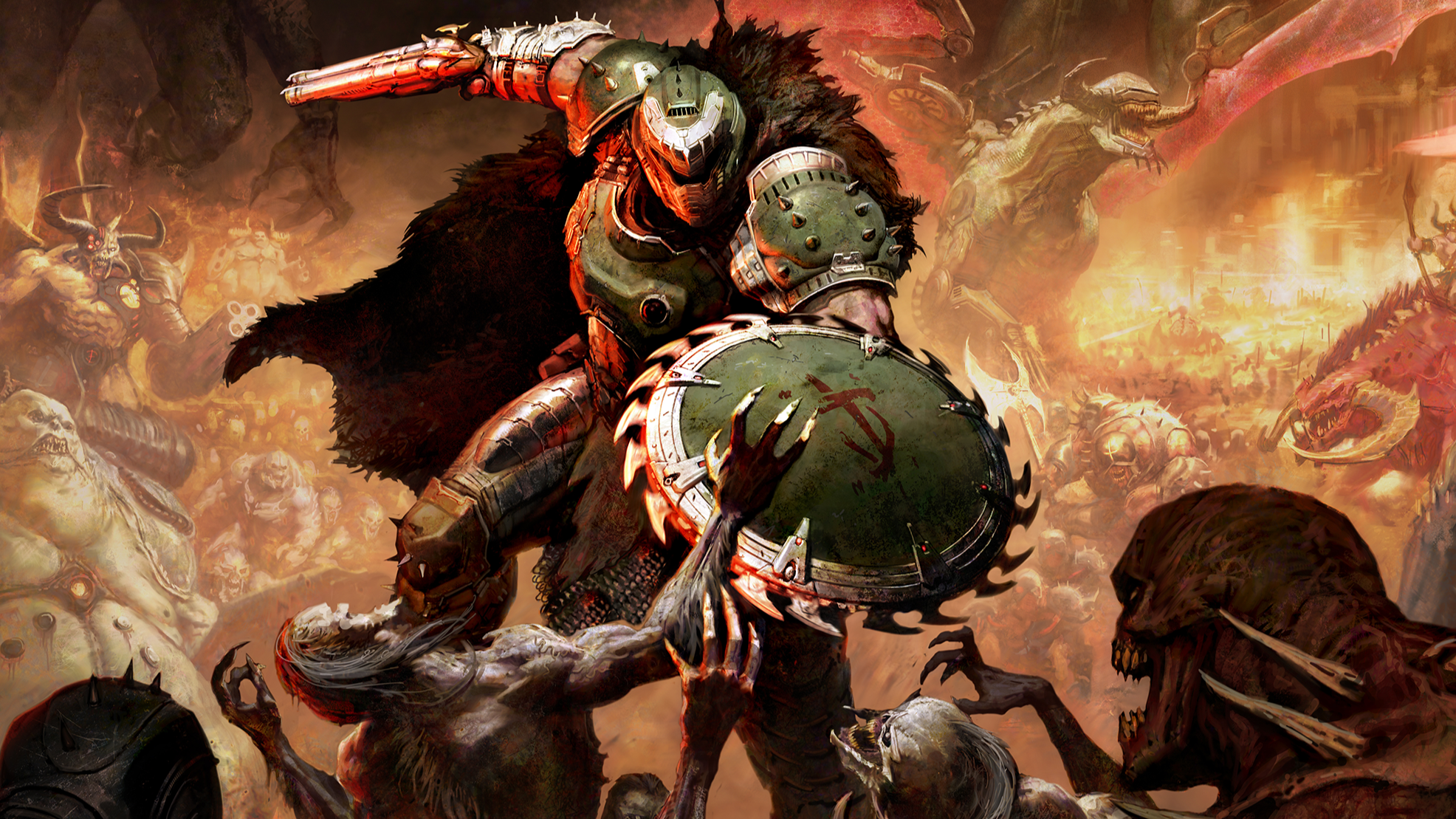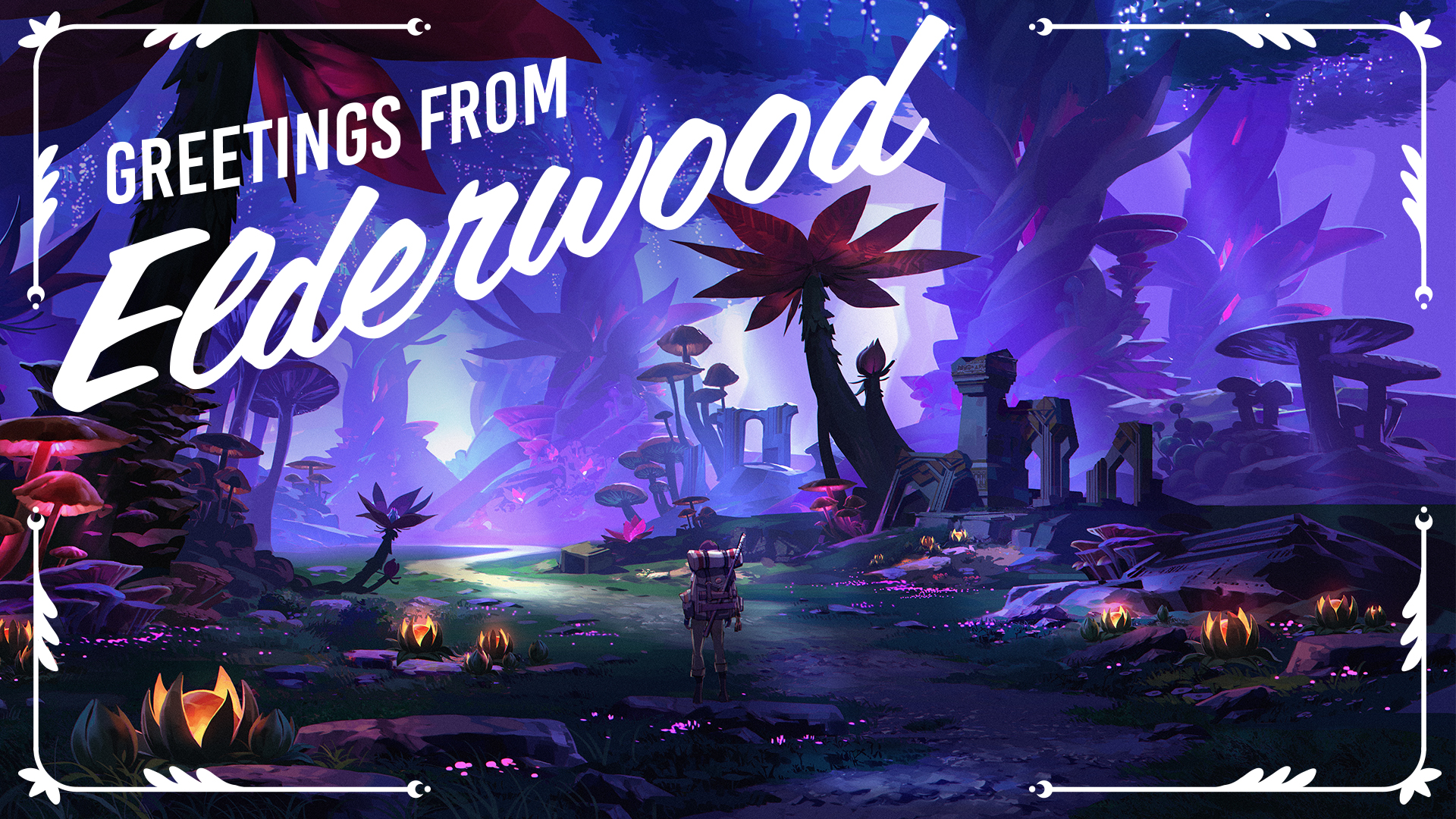
Have you played Atari today?
The great company Atari, arguably responsible for the popularisation of home videogaming, was founded in 1972. But after its heyday things went badly wrong, and the original Atari would be acquired, split, merged, declare bankruptcy, and go through various corporate shenanigans, such that the current Atari is an iteration founded in 2001. Over that time it has had some less-than-ideal custodians, but the mood music under current CEO Wade Rosen has changed.
There’s been some very good software, an increased focus on preserving the company’s legacy, and even a limited return to hardware with the gorgeous but underpowered Atari VCS. Now two more announcements have arrived in short order, both in-keeping with its trajectory under Rosen.
Firstly, Atari is to acquire AtariAge, which you could call a retro forum though that would vastly undersell what it is: over time this has grown into the best repository for everything Atari (as well as some other companies), both hardware and software, as well as being a major publisher for homebrew software.
“Atari is now taking its retro-related IP seriously and is creating a wide array of hardware and software based on that IP, while also creating new, original content,” said the site’s founder Albert Yarusso. “[…] Atari, for the first time in years, is targeting and embracing enthusiasts like ourselves, while also making products that appeal to those who grew up with Atari and have a fond nostalgia of the brand, but aren’t steeped in retro gaming as we are.
On top of this Yarusso is to become Atari’s internal historian, which seems rather a good fit, and the site will get the investment it needs for some long-mooted ecommerce functionality. The news has been received by the world’s largest collective of Atari enthusiasts with mostly enthusiasm. The main grumble is about whether Atari can be trusted to manage the site properly, because it is genuinely the #1 source for Atari stuff and Atari has a long history of mismanagement, which is not unreasonable. There are also concerns the company may try to crack down on dissent or be more heavy handed.
“All we can do is ask you to keep an open mind and give us time to prove you wrong,” said an Atari rep in response. “When we acquired MobyGames a year and a half ago we heard a lot of the same things. What we have done is give Jeremiah, who runs MobyGames, more resources to invest in improving the site and left the day-to-day management in his hands, and in the hands of his volunteer admins. And of course, just keep asking Al [Yarusso] how things are going because the site will remain in his very capable hands.”
The acquisition makes particular sense in the light of Atari’s other recent announcement, which is that it’s bringing back the 2600, the most successful console in the company’s history as the Atari 2600+. It’s an updated version of the hardware that retains the iconic wood-panelled look, plays both Atari 2600 and 7800 cartridges, and features HDMI output and a widescreen mode. For the complete nostalgia hit it comes with a 10-in-1 game cartridge including classics like Missile Command and Yars’ Revenge. At $130 it’s hardly an impulse buy, and this is obviously a nostalgia machine above all else, but there is no doubt a market out there for something exactly like this.
A lot of what Atari has done under Rosen makes sense, with the acquisition of Nightdive a particularly impressive move (though it was funny when they had to deny that Soulja Boy owned Atari). It’s a company that has at times over its history resembled nothing so much as a shambling zombie, and at one point it looked like the only future Atari had was selling logo t-shirts. Nostalgia is obviously a niche, and Atari’s focus will need more range for it to become a vibrant presence in the contemporary games industry once more. But this is a company with real history and, as its current custodians do more to honour that than any of their predecessors, that’s no bad foundation.






